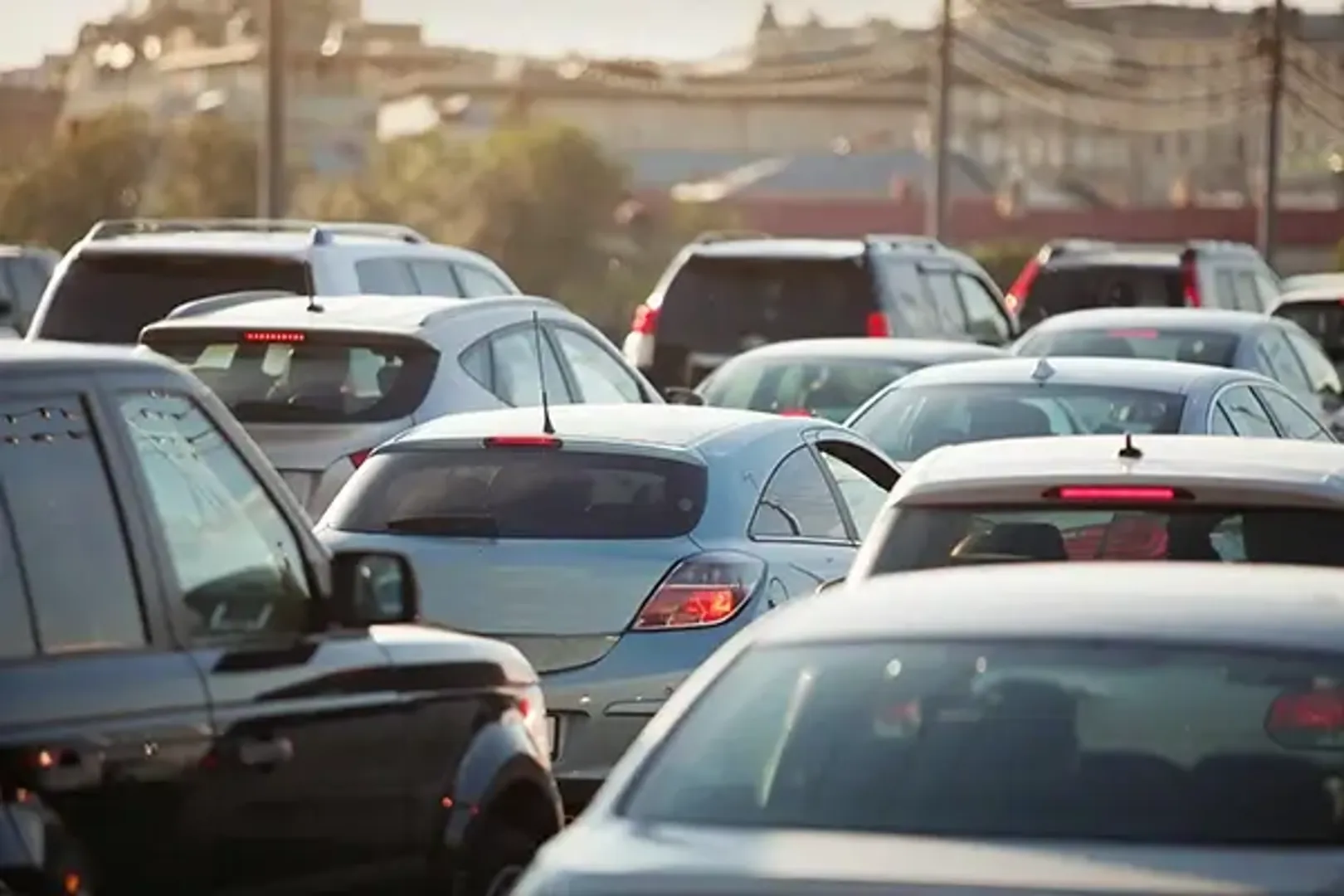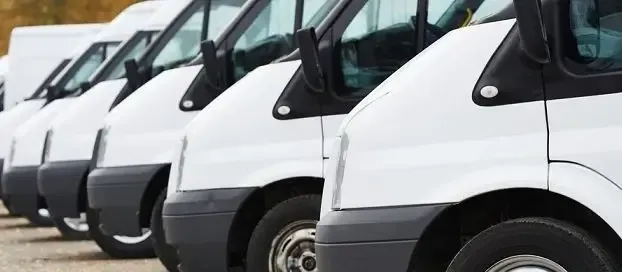
Traffic congestion, poor route planning and untrained drivers all contribute to fuel waste as well as increasing business costs and harming the environment. That's why it's a good idea to continuously review fleet performance so managers can get a clear view of the reasons for idle time and develop fleet management strategies to reduce them.
Technological advancements such as start-stop systems and auxiliary power units are effective in reducing idle time, but adopting a strategy that encourages better idle reduction measures will help bring substantial fuel savings and promote sustainability that customers love.
Understanding idle time and its impact on petrol consumption
Idle time is when a vehicle's engine is running but the van or lorry isn't moving. It might be when your drivers are stuck in traffic, waiting at red lights or loading and unloading. Even if it can't be avoided, it’s good to think about how it affects fuel usage over time.
Fuel efficiency is important to how vehicles run, but also critical when it comes to how businesses operate in an era of volatile fuel prices. And while people often think about speeding, acceleration and braking when it comes to fuel economy, idling is a key factor in pushing petrol and diesel costs up. Keeping the engine running while the vehicle is parked wastes more fuel than you might think.
How idle time leads to fuel waste
It's a common misconception that turning off and restarting the engine uses more fuel than idling, but that is not the case. Modern engines are better at saving fuel, and starting up again only uses a tiny bit of gas compared to idling for lengthy spells. When the engine stays on without moving, it burns fuel for no reason which means wasted petrol or diesel. Idling can also harm the engine by causing extra stress, leading to higher repair costs in the long term.
Issues caused by wasting fuel go beyond just losing money. Air pollution increases greenhouse gases, which affects our climate and can do a lot to damage your business' reputation as a sustainable partner. For businesses with small or large fleets, idling can lead to big financial losses as the total costs from many vehicles burning fuel soon adds up.
What strategies can you use to reduce idle time and cut admin?
Fortunately, there are plenty of smart ways for businesses to reduce idle time and save money. As well as the obvious driver training and awareness, new technology such as GPS tracking can play a vital role in reducing your monthly wastage, especially when monitored through an online account which can also provide insights into the week’s transactions, summarised in a single invoice.
- Fuel card management: A Diesel fuel card opens up a wealth of reporting tools and is an excellent choice to help you save while streamlining the fuel expenses process at the same time. It can offer detailed reports on fuel usage, making it easier to identify and resolve idling habits. Business fuel cards are an ideal way to help drivers plan their routes better via a mobile app so they don't need to be sitting in traffic, as well as offering below average forecourt prices at fuel sites around the UK.
- Idle reduction technologies: Buying vehicles that have start-stop systems or other idle reduction tools can help. These technologies turn off the engine when the vehicle is not moving, reducing wasteful idling.
- Route optimisation: Using a diesel fuel card with connected dashboard showing GPS tools and route planning software helps drivers stay away from heavy traffic so they spend less time stuck on the road – and more looking after customers.
Idle time pricing facts
Idling increases the bills and operating costs that surround UK fuels. In fact, it's estimated that commercial lorries and HGVs use an extra gallon of fuel for every hour their engine is idling. That, and the inevitable wear and tear as the engine is forced to work harder, add to the list of monthly and annual outgoings affecting business.
Simple ways to start reducing idling time include turning off the engine when parked, avoiding unnecessary warm-ups and even using alternative power sources for auxiliary functions. Offering drivers incentives to reduce idle time as well as giving feedback as part of an educational or training programme will also start paying their own way within months.
Good fleet management, monitoring the pump price and new vehicle technology make idle time and wasted fuel costs a thing of the past and a fuel card is a vital weapon in a fleet armoury. It makes the petrol and diesel your drivers buy at the pump go further as well as keeping them moving and saving the planet, which is exactly what transport and logistics companies are in business for.
Is a diesel fuel card for you? Find out more…
Go further, explore the business and customer account benefits of a diesel fuel card and help your fleet access the nearest fuel stations with the best pump prices at Diesel Fuel Cards.


